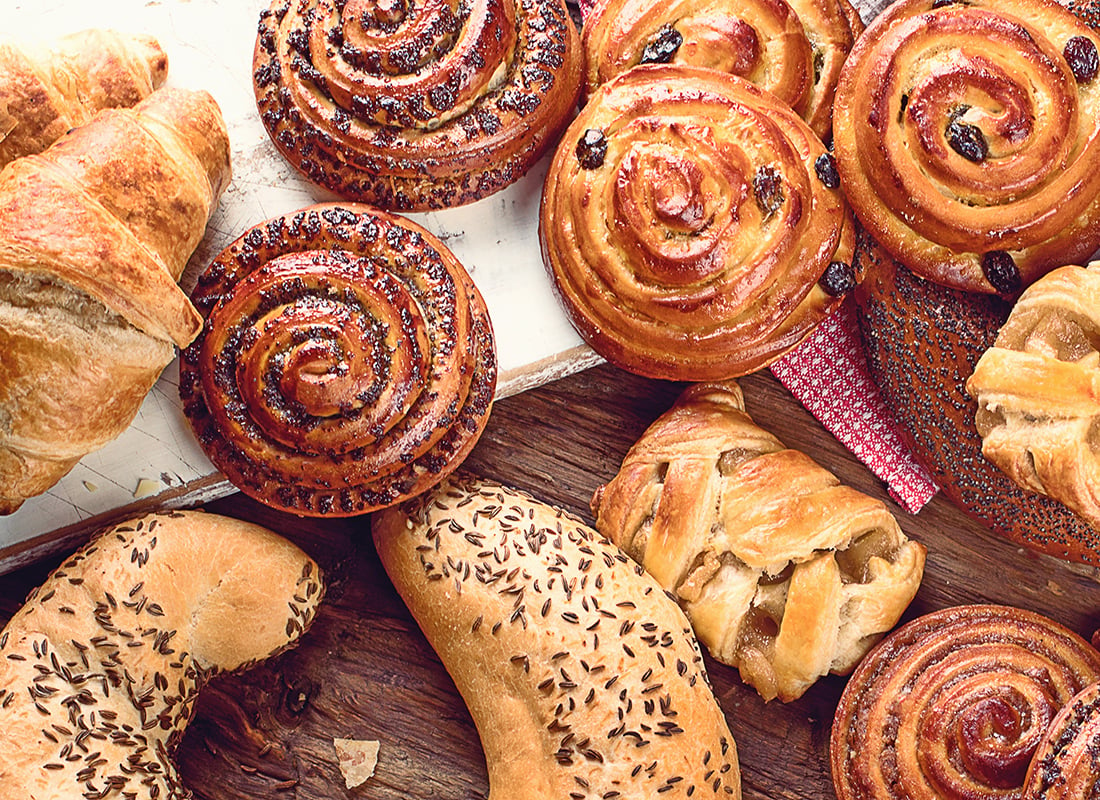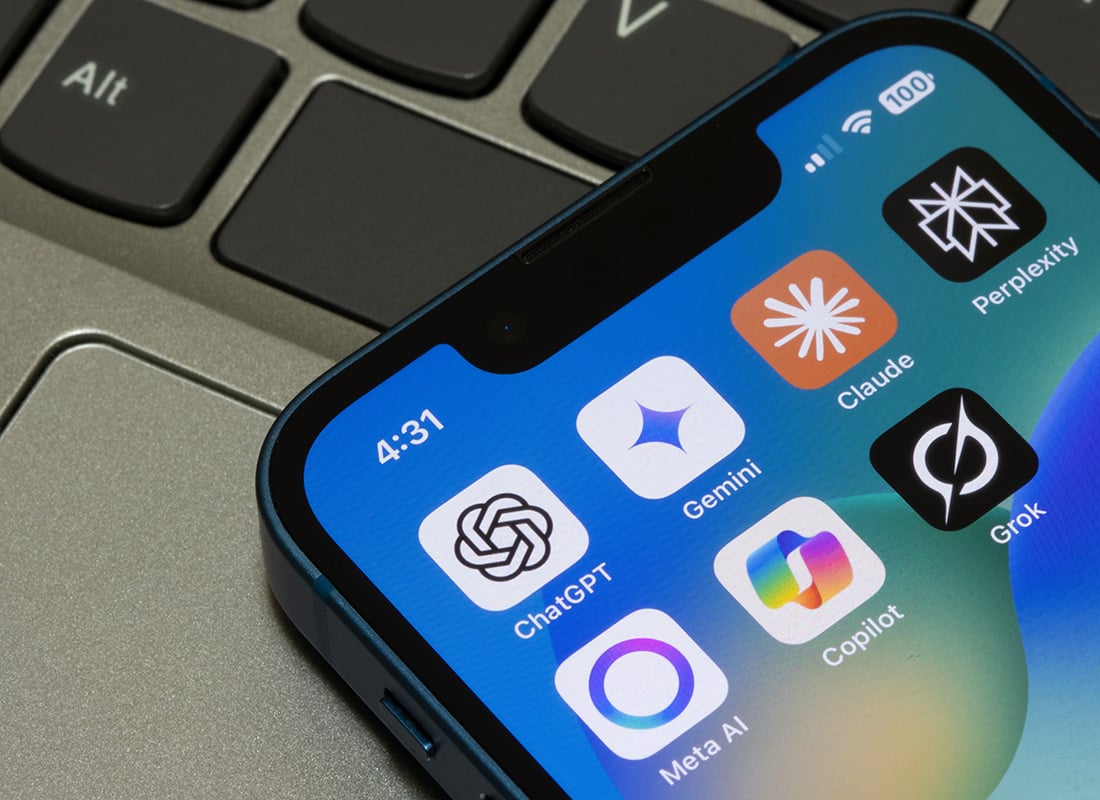LEO 1 was a pioneering computer that powered a catering empire. The team preserving its memory has won an award for its innovative work. Martin Cooper MBCS reports.
A project celebrating the world’s first business computer took a highly commended second place in the BCS IT Industry Awards’ charities category. The project explores the Lyons Electronic Office (LEO) — a machine remembered as the world’s first business computer and that, more importantly, kept tea and cake flowing across the UK during the early 20th century.
Backed by the National Lottery and produced jointly by the Leo Conservation Society and the Cambridge Centre for Computing History, Virtual LEO 1 brings to life the original LEO computer.
‘We’re immensely proud of Virtual LEO and the award,’ said Peter Byford, chair of LEO Computers Society. ‘LEO 1 is an important part of our national computing heritage and, as such, we must celebrate it and preserve its legacy. The award also acknowledges our volunteers' tireless work that keeps the LEO name and its story alive.’
Meeting an old machine
The most innovative part of the project was a digital ‘rebuild’ of the original LEO computer. The virtual LEO is a historically accurate digital representation of the first LEO machine. Unlike a physical rebuild, it also points to the social context of post-war London and the Lyons company context within which LEO l was constructed.
Dr Lisa McGerty, chief executive, the Centre for Computing History said: ‘In May 2023, a PC based version was installed in the Cambridge centre. Watching visitors of all kinds use it since then which has been a real joy for me. Now in a major step forward, opening up access from anywhere in the world, the virtual LEO has also been made available for access using the ubiquitous Apple iPad.’
An Android version of the app is also currently in development and is planned for release shortly.
Using either version of the virtual LEO, it is possible to ‘wander around’ the LEO room in Cadby Hall, the former Lyons HQ complex in Hammersmith, and view the racks of valves, hear all the peripherals and even look out of the window at the smog. Within the app, 35 interactive objects can be ‘picked up’ and explored, such as a half adder and a mercury delay line.
There are 44 documents, six film snippets, many photos from the archive, and over 40,000 words of explanatory text divided into six themes. It has been purposely designed in layers so that it is perfectly possible to walk around the room and see and hear what it was like to operate the first LEO.
For further details about the app and how to download it, visit the LEO l website.
From cakes to computers
Now almost forgotten, the name Lyons was, at one time, synonymous with tea and cakes. The firm J. Lyons and Company opened its first tea shop in Piccadilly in 1894 and, from there, grew to operate a fleet of much-loved and fashionable eateries across the country. By the 1930s, there were nearly 250 Lyons teashops. The firm’s success saw it branch out into food manufacturing and hotels.
Lyons’ success came at a price though. As its fortunes grew and gathered pace, so its operational overheads began to spiral. At the peak of its powers, Lyons’ Cadby Hall HQ occupied a 13-acre site in Kensington. There, it made, baked and distributed its many popular products to all its tea shops and many other retail outlets across the country.
By 1939, the Lyons empire employed nearly 30,000 people across the UK, and around 1,500 of those were involved in the accounting and statistics needed to support supply chains and logistics. It was probably the largest catering company in the UK by the mid 20th Century.
For you
Be part of something bigger, join BCS, The Chartered Institute for IT.
Such was the business’ scale — and its owner's vision — that Lyons turned to computers in a quest to keep the tea flowing and counters stocked with buns, cakes and other perishable delicacies.
LEO Documentary film
The lottery project funding also allowed for the creation of a short documentary of the LEO story. Produced by Boffin Media, the film won the Association for British Science Writers (ABSW) Video of the Year Award in July 2022.
The film is available on YouTube (LEO: The Story of the World’s First Business Computer) and can be found via the museum’s website. It was produced to coincide with the 70th anniversary of LEO I’s first fully successful live program run in November 2021.
The LEO Computers Society (leo-computers.org.uk) has around 650 members in 28 countries. Membership is currently free for anyone interested in the LEO Computers story.

















